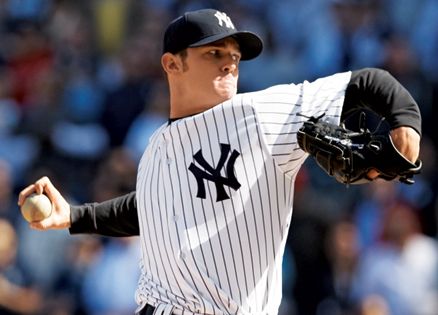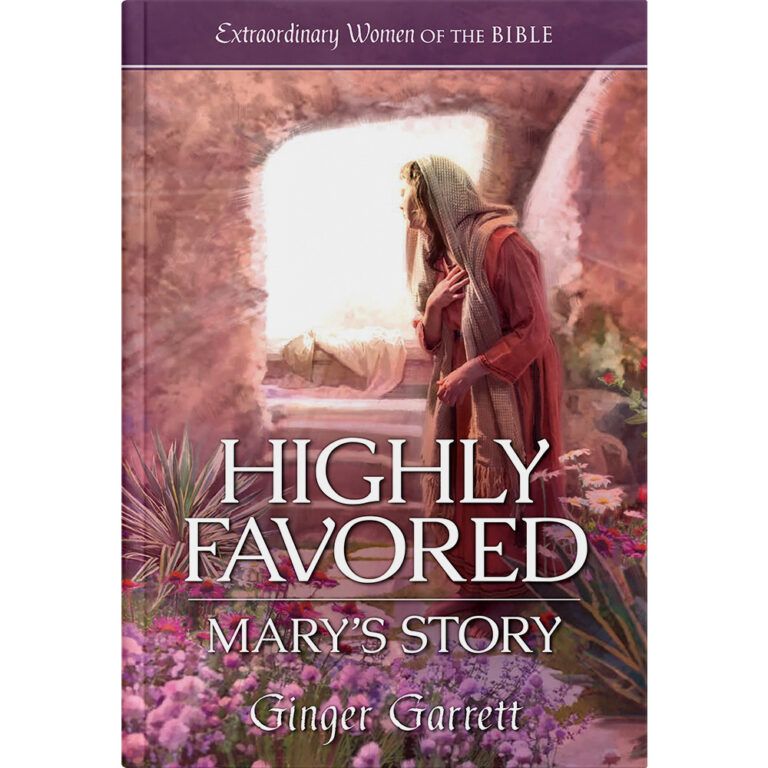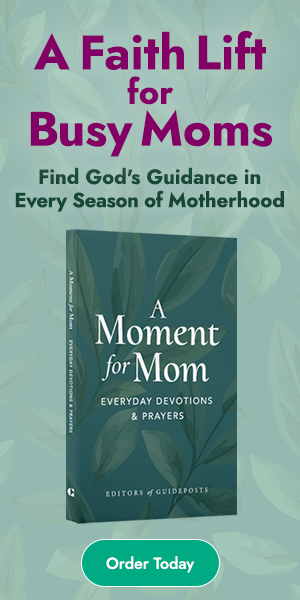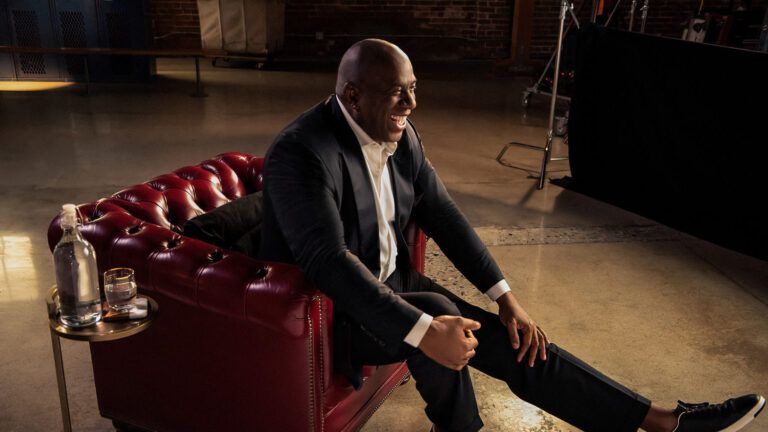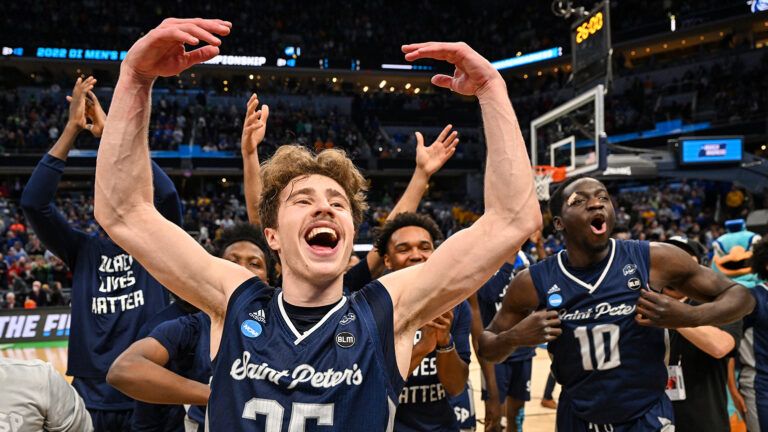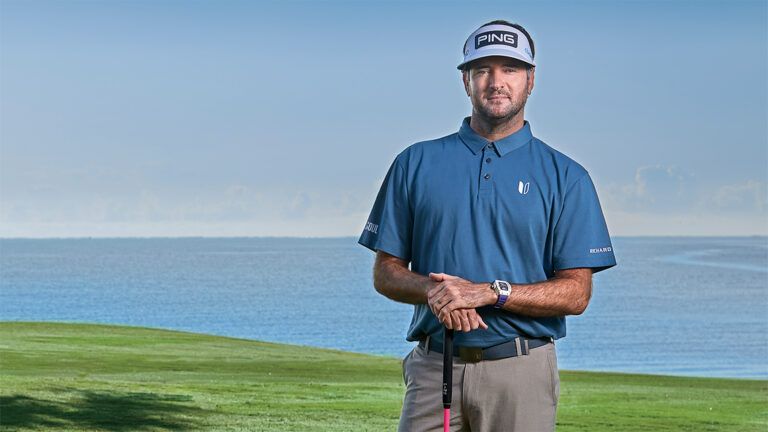I’m a relief pitcher for the New York Yankees, which means I come in to put out the fire if another pitcher gets into trouble, usually late in the game. Sometimes, after a night game in the Bronx, I don’t get home from the stadium till after midnight.
It was 1:00 A.M. when my wife, Erin, and I walked in the door of our apartment April 28 last year.
“I’m going to bed,” Erin said.
“I’ll be in soon,” I said. I wanted to watch the news and unwind from the game. I flipped on the TV.
“An F5 tornado struck downtown Tuscaloosa early this evening,” the news anchor said.
“Erin, come quick!” I yelled.
Tuscaloosa was my home. I’d moved away when I became a ballplayer, but my entire family and most of my friends still live there. It’s where I first fell in love with the game, playing Little League. It’s where I learned to pitch, taking my high school team to the playoffs my senior year.
It’s where I played college ball for the University of Alabama, and started pulling my socks up high, old-school style. My picture even made it onto the wall at one of my favorite barbecue joints down the road from campus. It’s where I proposed to Erin.
It was home and always would be.
We spent the rest of the night on the phone making sure our friends and family were all okay. Finally I fell into bed exhausted, and prayed the most fervent prayer of my life. Lord, please help my hometown. And guide me in what I can do.
The next morning I woke up early to do a TV interview for the MLB Network, and spoke about the devastation.
“What can people do to help tornado survivors?” I was asked.
I paused, thinking about the U of A campus, the First Presbyterian Church downtown where my family belonged. My town, my people. “Prayers are a good start,” I said, “and the United Way. There’s a number that you can text to donate.”
I headed to the stadium for our game. I did several interviews with the media that day to help raise money and awareness. I’d much rather have jumped on a plane to Tuscaloosa, but I’d be busy playing ball through September, hopefully longer. Any real help I could provide would have to wait.
Yet at that moment I felt so powerless. God and the United Way were a pretty good start, but wasn’t there more Erin and I could do? Dejected, I called Erin and told her how I felt.
She was silent a moment. “Then let’s get involved, David. Now. Let’s start a fund. You’ve got a platform.”
After the game that night we brainstormed a name for our foundation and came up with High Socks for Hope. (I wear my uniform socks up to my knees, remember.) Erin got started on a website, highsocksforhope.com.
“For every strikeout I get, I’m pledging one hundred dollars,” I told reporters. I talked about it as much as I could, and since I was having the best season of my career I got to talk a lot, even at the All-Star Game later that year.
Donations came in. Erin connected with all the organizations providing assistance to the victims, including a woman named Judy Holland at a church in town. She put us in touch with people who needed help and saw to it that the money we raised went directly to them.
More than anything, though, I needed to be on the ground. We landed in Tuscaloosa late one Thursday night a month after the storm hit. My team was traveling to Seattle and it was the first day we hadn’t had a game since April 27.
I jumped at the opportunity to visit, even if I had only 24 hours. We asked a film crew to join us. The Yankees organization was so helpful in getting the word out.
“I’ll drive,” I said, but I had a terrible time even finding my way. Street signs were gone. So were age-old landmarks. Entire neighborhoods were reduced to rubble. It was a wasteland.
The place where my family always bought our Christmas trees looked like it had been through a giant wood chipper. My heart was in my mouth. Erin squeezed my arm.
We saw someone I knew from high school. I gave him a hug. “That was my house,” he said, pointing. My gaze followed his finger. Nothing resembling a house there. “I took cover in the tub. When the storm passed, the bathroom was the only room left.”
He shook his head as if he couldn’t believe it.
The summer went by in a blur of e-mails, conference calls and, of course, ball games. Tuscaloosa and its people were never far from my thoughts and prayers. And my prayers were frequent. Sometimes it was all I could do.
Judy was truly a Godsend, for us and for families like the Johnsons. “Their son, Anthony, has a genetic disorder. Before the tornado, they couldn’t afford homeowners’ insurance and pay his medical bills,” Judy said. “They lost everything.”
We kept fund-raising. I struck out 100 batters from April to October, which meant ten thousand dollars for Tuscaloosa. My teammates signed baseballs for auctions and helped with other events.
Erin and I researched everything from Alabama construction laws to FEMA procedures. We called in favors from every contact we could think of, including Ryan Dempster, a pitcher for the Chicago Cubs whose daughter has the same disease as Anthony.
It was nearly November by the time the Yankees’ season ended. “Let’s get back to Tuscaloosa,” I told Erin as soon as I’d cleared out my locker.
Judy met us our first day back and took us all over town. “See over there?” she said. “Those are some of the Habitat homes your foundation helped sponsor, and down this way…well, just wait til you see how much progress they’ve made.”
It was great to be able to put faces to voices and e-mails. I got hugged by so many people I lost count.
Anthony’s family was still living in temporary housing, but with our help along with Ryan Dempster’s foundation and Habitat for Humanity, their new home will be ready before long. I got to meet Anthony and his folks and we all said a prayer of thanks together.
Then there was Robert Reed, manager of a trailer park just outside of town. The tornado had touched down right on top of the park while most residents were still inside their homes. Robert rescued 12 people from the rubble.
“We just had to meet you,” I told him as I shook his hand. “It’s an honor.”
“Likewise,” he said. “And thank you. For everything.”
Robert Reed. Anthony and his family. All the folks that Judy introduced us to.
Folks in Alabama are still picking up the pieces, still rebuilding homes and lives. God calls each of us to do what we can. That’s how we rebuild. Together.
Download your FREE ebook, True Inspirational Stories: 9 Real Life Stories of Hope & Faith
